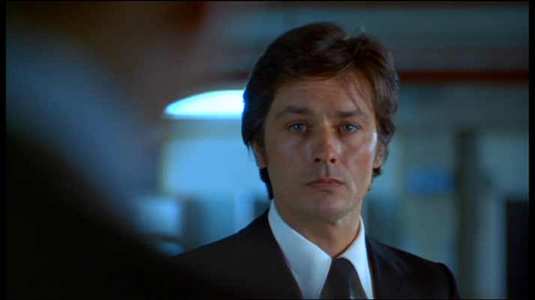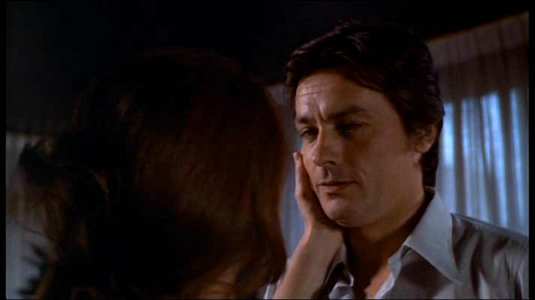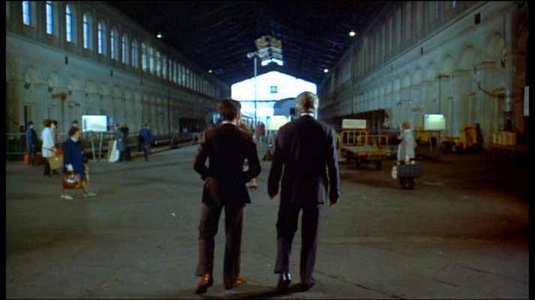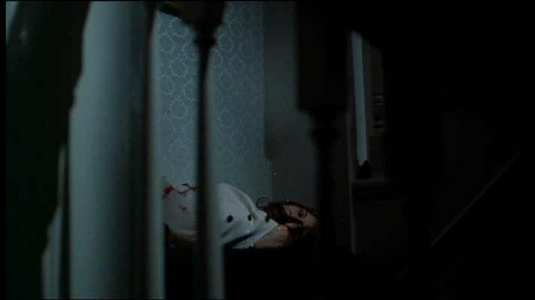Review of Scorpio
Introduction
Veteran spook and part-time repulsively comely family man Jack Cross (Burt Lancaster, with the ‘taciturn’ tattoo on his forehead by now fully crumpled into illegible wrinkles), returns from his latest mission only to have courted the wrath of his superiors. After fending off a couple of anonymous suits, Cross finds himself on the run from his former employers and ambitious young turk Jean, aka Scorpio (a typically insouciant Alain Delon), who, in accordance with genre demands, is also Cross’s protégé. So, Scorpio trails Cross around Eastern Europe in a languid cat and mouse chase. Subplots include Cross’s wife (Joanne Linville) back in her suburban homestead waiting for word and Paul Scofield wrestling with a Russian accent as Cross’s Austrian contact and old friend, Sergei Zharkov. Cue gun-fights, desperate escapes and more than a few tough-guy conversations over a fine scotch or perfunctory Mexican stand-off. Directed with the aesthetic rigor of a Punch & Judy show by restaurateur and part-time insurance salesman Michael Winner.

Video
Dirt in places, but generally this is okay in the MGM back-cat stakes.

Audio
A terrible boil-in-the-bag melodrama score from Jerry Fielding that never found a banal dramatic gesture it didn’t blow out of all reasonable proportions. A functional 2 channel track in multiple languages, sans flourishes.

Features
“We’re not just saying ‘Scorpio’ is the most exciting action film of the year. We’ll prove it to you!” boasts the trailer with a predictably bombastic lack of modesty. That’s it.

Conclusion
It’s no coincidence that Delon was hot off Melville’s ‘Le Samourai’, as ‘Scorpio’ clearly fancies itself as possessing the same strains of brooding existential malaise and its atmosphere of languid, post-war alienation. But whilst Melville was a genre-spinning genius with something to say, Winner is the most graceless of hacks to whom no flourish or cut is too abrasive or tone-shattering. Winner flings his various filmmaking elements around with considerable indifference, his attempts to transport Melville’s melancholy thus arriving at a kind of scrambling ennui. And whilst his crude, familiar artlessness is, in its own way, as distinctive as Melville’s minimalism, its rarely been so out-of-touch with what is essentially a subdued character piece.
Winner struggles to keep his simplistic vigilante ethical binaries at bay, so the shades of grey drama between the two morally ambiguous protagonists is reduced to a couple of macho poseurs brooding for two hours. The dialogue tries to lend credence to such complexities, but it remains a strange blend of the quirky and the banal. As if Mamet has been re-written by Jean-Paul Sartre; its New Wave aphorisms badly translated into cryptic cliches, complete with pigeon English. Performances are perfunctory: Lancaster moves from scenes of Alpha-male violence to scenes of synthetic orange-bathrobe wearing domesticity with his usual reliability and restraint. Delon is handsome enough to pull off a bit of the busy with Gayle Hunnicutt and intense enough to hold stone-faced glares with Lancaster, but he struggles in broken English with the bulk of his dialogue.
It isn’t without its pleasures: the Vienna locations are impressive and the stunt-work in the central chase around an elaborate downtown construction site is competent. There’s also at least one great line: on presentation of $100 to aid Cross’s escape, a janitor replies, “A C-note? My mother’s already dead so who do I have to kill?” But as the plot becomes increasingly convoluted, even falling into the familiar Winner revenge-groove in a lamentably portentous final reel, such fleeting indulgences become increasingly laborious to extract. Crude, plodding, ineffectually globe-trotting with intermittent set-pieces failing to subdue the over-hanging boredom. In a word, tedious.
Your Opinions and Comments
Be the first to post a comment!